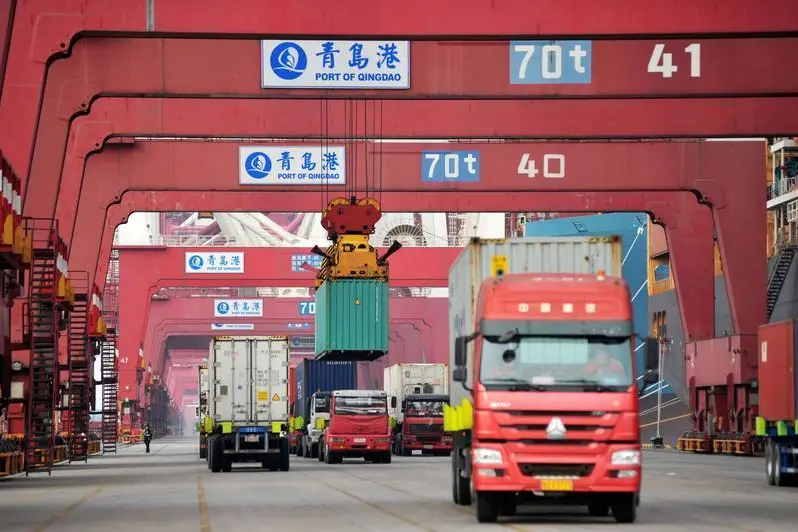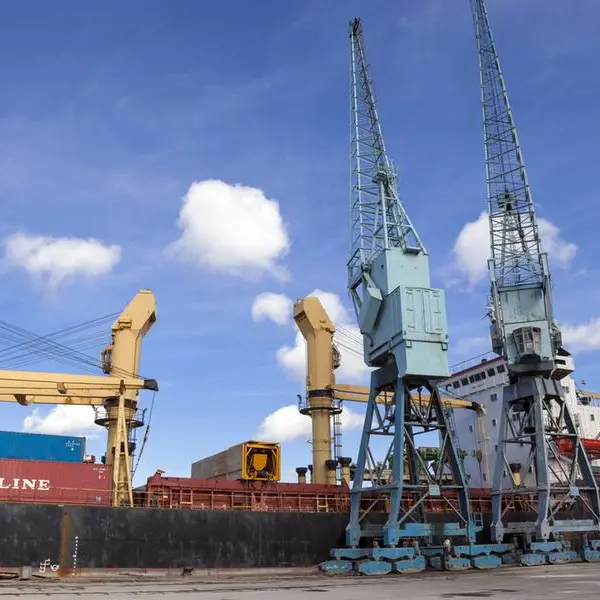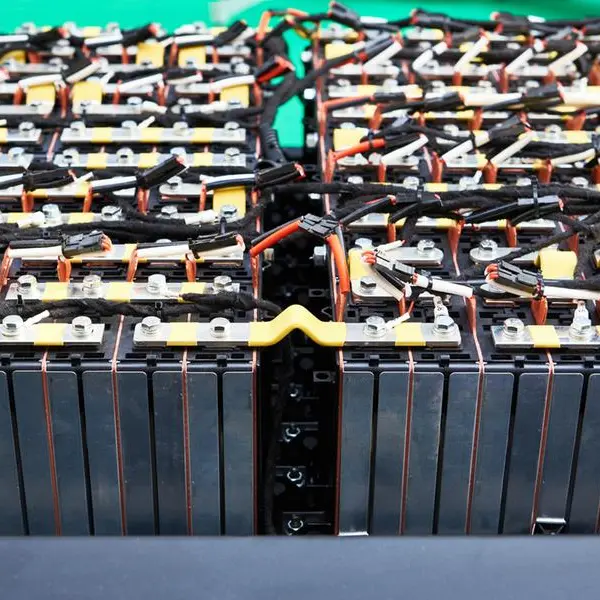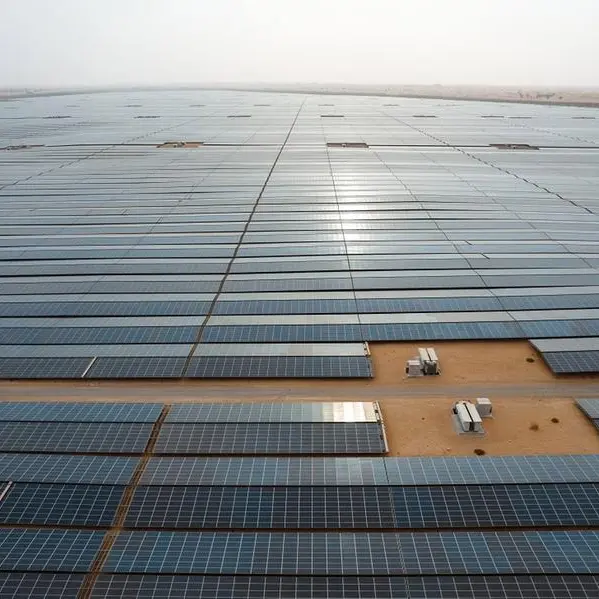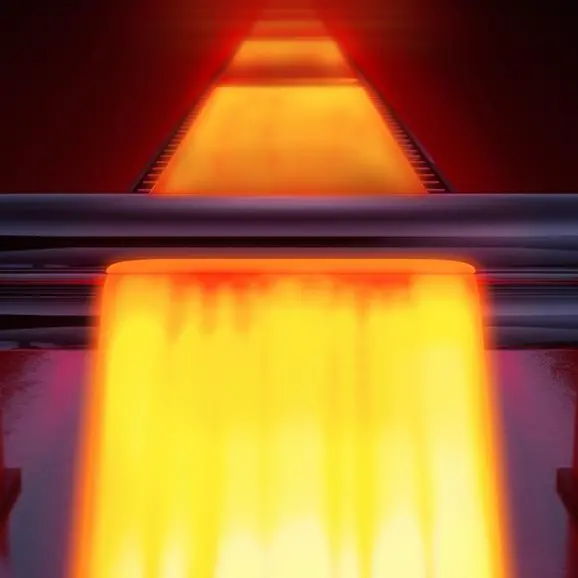PHOTO
BEIJING - Sanctions on exports of potash fertiliser from Belarus and Russia are not impacting supply in China, an executive from state-owned fertiliser maker Sinofert Holdings said on Wednesday, due to sufficient domestic stocks.
Belarus and Russia are among the world's top three producers of the crop nutrient potash, and China is a major importer.
Exports from Belarus were sanctioned by Washington last year after the country's president crushed protests following elections in 2020.
Western nations have issued new sanctions on it for supporting Russia's invasion of Ukraine, while tough economic sanctions are also in place on Russian exports.
China produces about 5.5 million tonnes of potash, and also has some strategic reserves and commercial stocks, Feng Mingwei, executive director of Sinofert told reporters after its annual earnings, allowing it to "maintain a relatively normal state".
China said on Monday it was releasing 1 million tonnes of potash reserves ahead of spring planting.
Feng added however that the company, a unit of Syngenta Group and the country's top fertiliser producer, was in discussions on next steps.
"We are also using legal means and some experts to conduct research to decide the next step," he said.
Washington gave clients of the Belarus Potash Company until April 1 to wind down their business with the firm.
Potash prices are near a 10-year high, and the recent sanctions are fuelling fears of food shortages globally.
Fertiliser sales within China are also being affected by restrictions on movement in place to contain recent COVID-19 outbreaks, added executive director Ma Yue on the same call.
Despite obtaining special passes for more than 1,000 vehicles to deliver fertiliser in the northeastern province of Jilin, between 80,000 and 100,000 tonnes of goods are still waiting to be shipped, said Ma.
(Reporting by Dominique Patton and Beijing Newsroom; Editing by Kirsten Donovan)
Reuters
